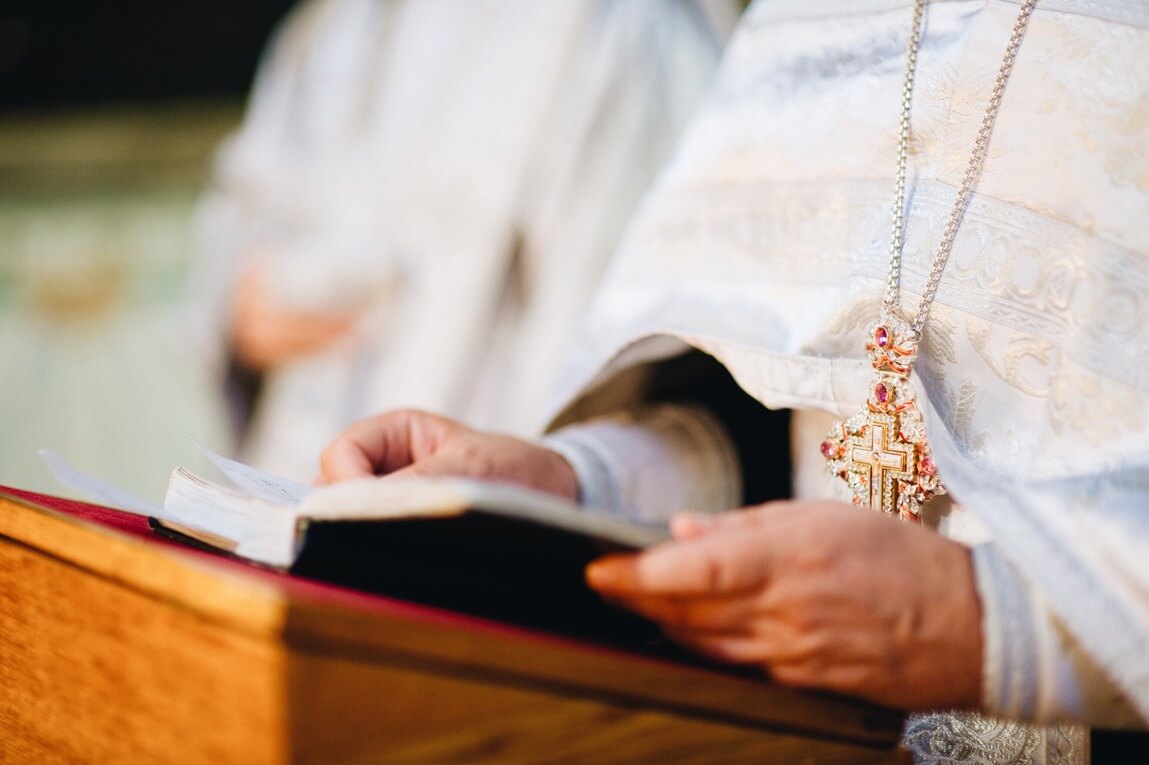The long-standing conflict between Hamas and Israel in the Middle East has had profound and multifaceted effects on the region, extending far beyond the realm of politics and geopolitics. Religion, an integral part of the cultural and social fabric of the area, has not remained untouched by this protracted struggle. In this article, we will explore the intricate interplay between the Hamas-Israel conflict and religion, examining its impact on various faiths and religious communities in the region.
The Hamas-Israel Conflict: A Brief Overview
The Hamas-Israel conflict is a complex and deeply rooted dispute characterized by territorial disputes, historical grievances, and ongoing violence. Hamas, an Islamist political and military organization, controls the Gaza Strip, while Israel, a predominantly Jewish state, exercises authority over a broader territory, including parts of the West Bank. The conflict has led to cycles of violence, military operations, and diplomatic negotiations.
Islam and the Conflict
Islam plays a significant role in the lives of many Palestinians, both in Gaza and the West Bank. Hamas, which has its roots in the Muslim Brotherhood, frames its resistance against Israel within an Islamist framework. The conflict has elevated religious symbols and rhetoric, making Islam an integral aspect of the Palestinian struggle for statehood.
- Religious Identity: The Hamas-Israel conflict has contributed to the strengthening of religious identity among Palestinians. Many view the struggle as a righteous jihad, framing their resistance within Islamic principles of justice and self-determination.
- Radicalization and Extremism: While the majority of Palestinians do not espouse extremist views, the prolonged conflict has provided fertile ground for the radicalization of some individuals. Extremist interpretations of Islam can perpetuate violence and further complicate the peace process.
Judaism and the Conflict
On the Israeli side, Judaism is deeply intertwined with the nation’s identity. The conflict has raised complex moral and ethical questions within the Jewish community.
- Ethical Dilemmas: The conflict has prompted soul-searching among Jewish Israelis, leading to debates about the ethical implications of military actions and the treatment of Palestinians.
- Religious Nationalism: Some Israelis have embraced religious nationalism, which asserts that the land of Israel is a divine promise to the Jewish people. This ideology has influenced settlement policies in the West Bank and the political landscape of Israel.
Christianity and Other Minority Religions
The Hamas-Israel conflict has also affected religious minority communities in the region, such as Christians.
- Christian Exodus: Due to the ongoing instability and violence, some Christian communities have experienced a decline in their numbers, with many members emigrating to more stable regions.
- Interfaith Relations: Interfaith relations have faced challenges as religious communities grapple with the tensions and complexities of the conflict.
Religious Institutions as Peacemakers
While the Hamas-Israel conflict has undeniably strained interfaith relations, religious leaders and institutions have also played roles as potential peacemakers.
- Interfaith Dialogue: Interfaith dialogue initiatives have sought to foster understanding and collaboration between religious communities, emphasizing common values of peace and justice.
- Advocacy for Peace: Some religious leaders, both within and outside the region, have actively advocated for a peaceful resolution to the conflict, leveraging their moral authority to influence public opinion.
Conclusion
The impact of the Hamas-Israel conflict on religion in the Middle East is profound and complex. While the conflict has deepened religious identities and sometimes fueled extremism, it has also prompted ethical debates, soul-searching, and interfaith efforts for peace. The intertwining of religion with the political and social dimensions of the conflict underscores the need for a comprehensive and multi-faceted approach to resolving this protracted dispute. Achieving a lasting peace will require not only diplomatic negotiations but also efforts to address the religious dimensions of the conflict and promote interfaith understanding and cooperation in the pursuit of justice and reconciliation.

